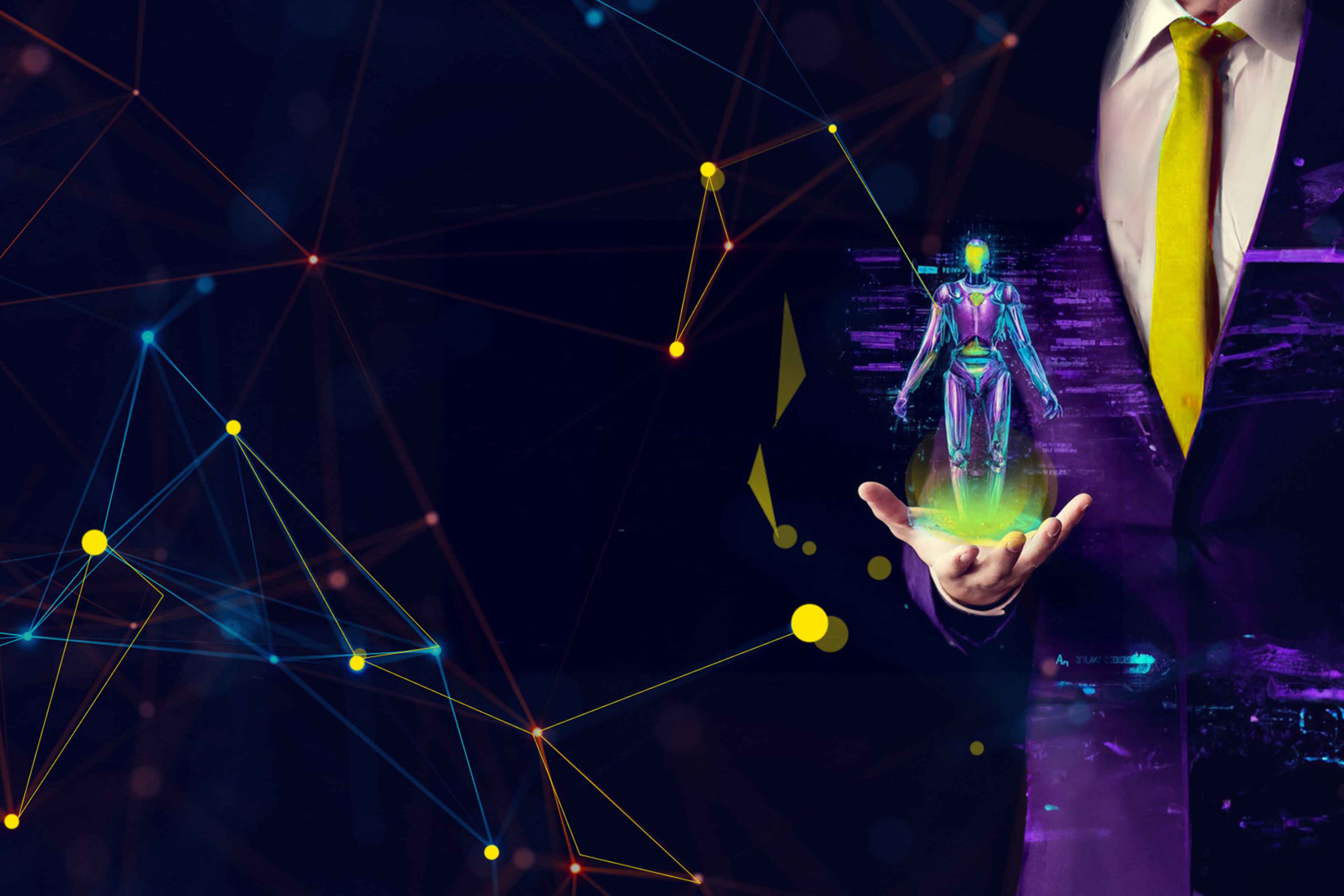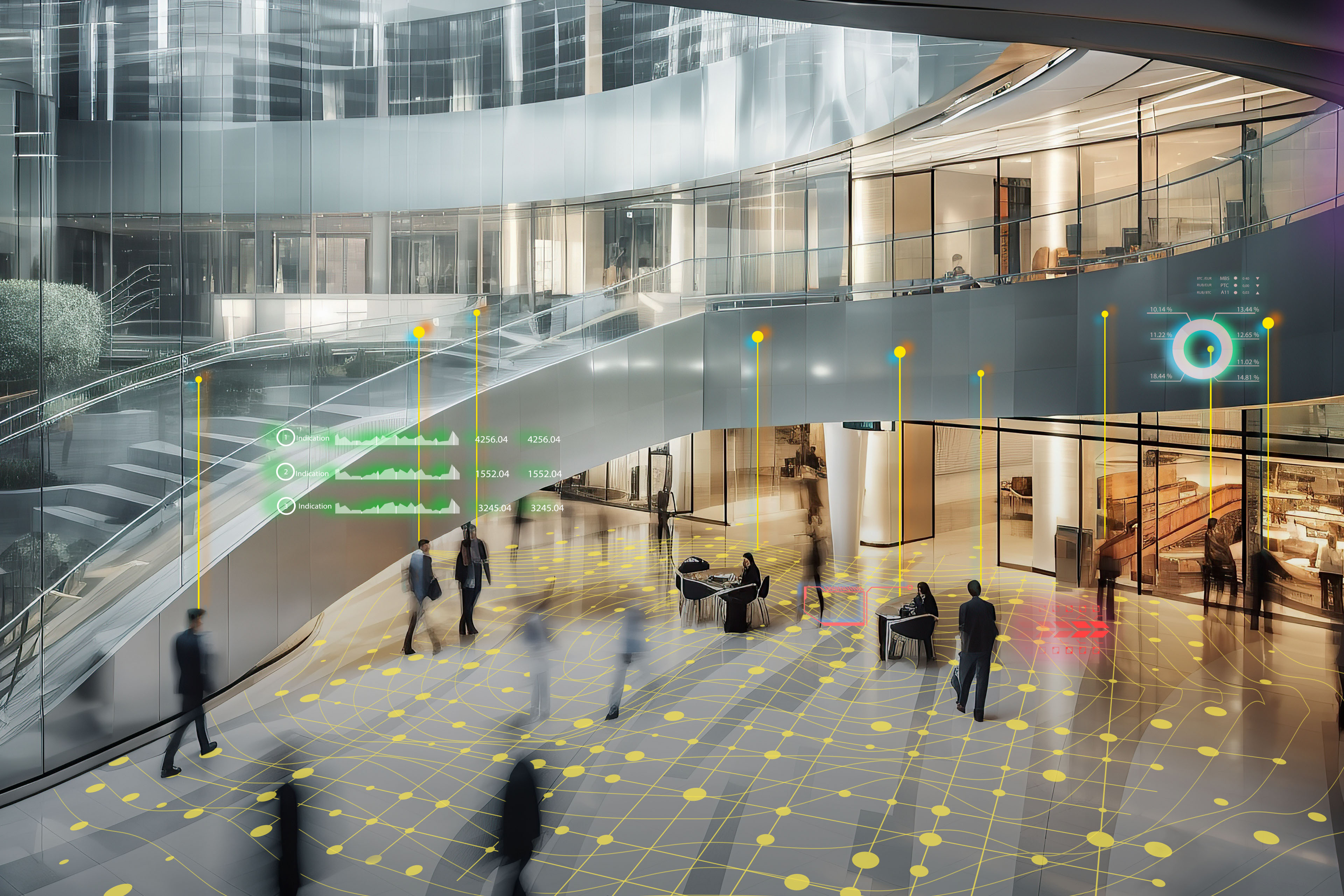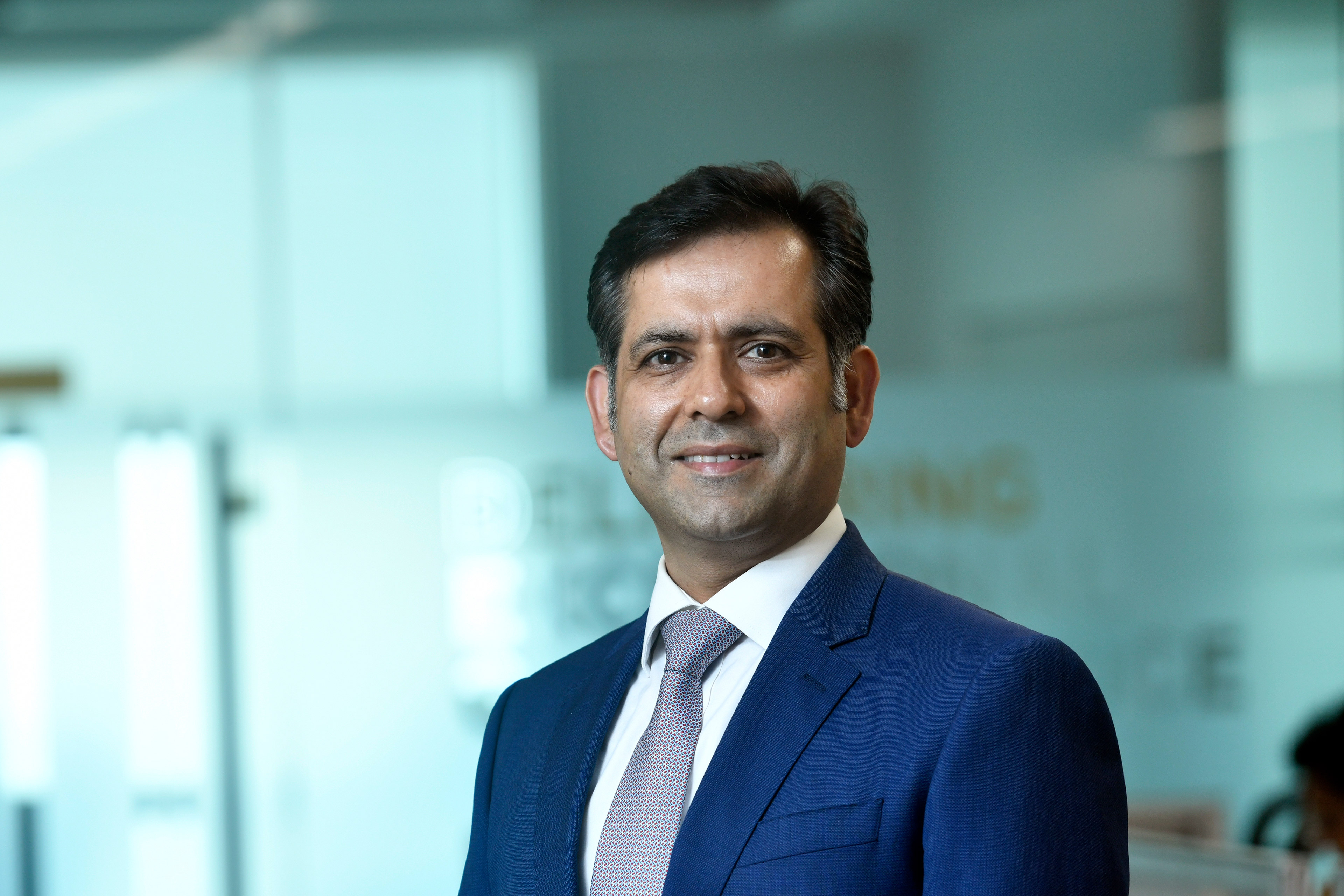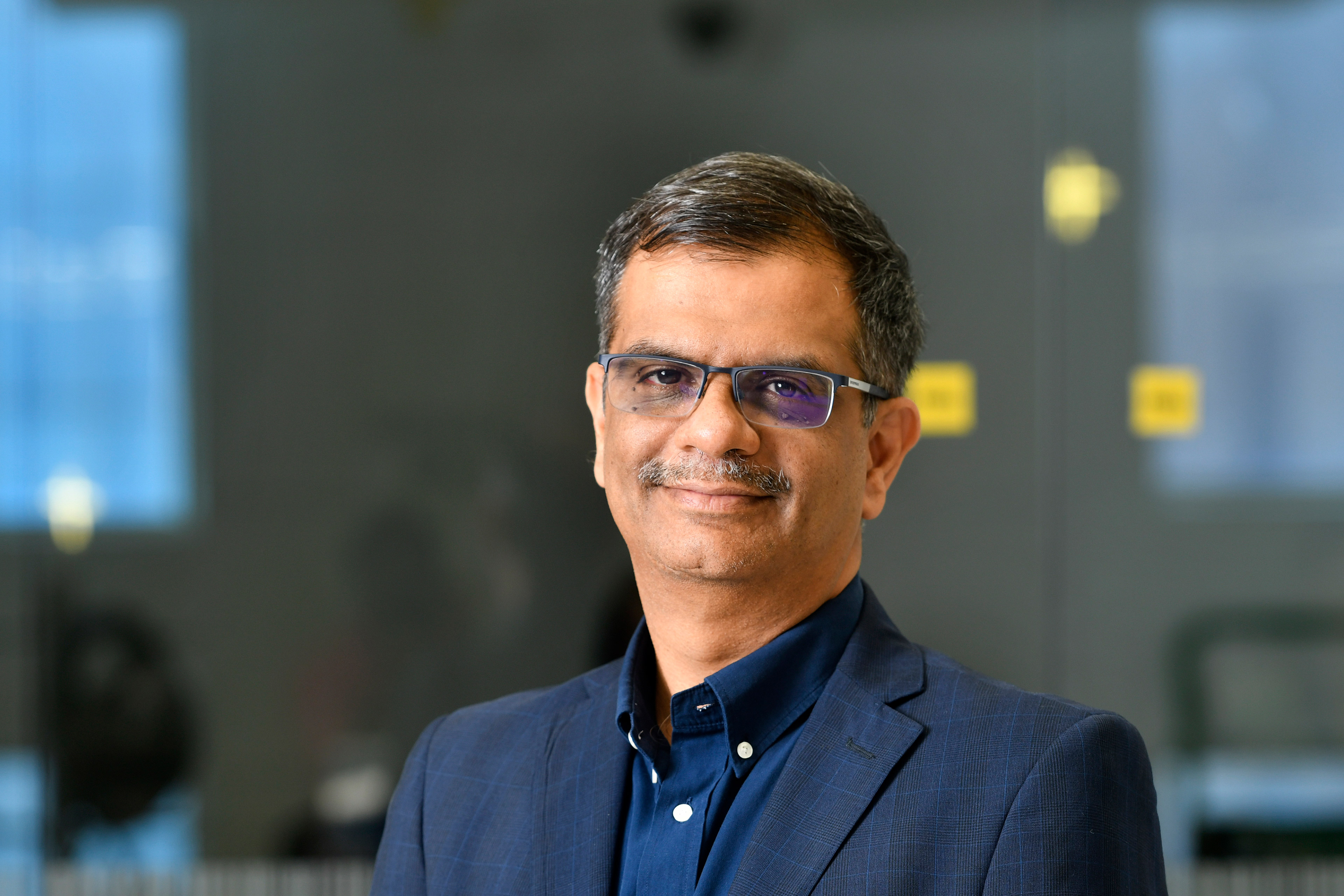EY refers to the global organization, and may refer to one or more, of the member firms of Ernst & Young Global Limited, each of which is a separate legal entity. Ernst & Young Global Limited, a UK company limited by guarantee, does not provide services to clients.
Innovation Realized Global Summit
Innovation Realized is an exclusive peer-to-peer summit that took place on 16-17 April 2024 in San Francisco. Themed “Rethink everything,” the summit invited participants to embrace complexity to navigate a rapidly changing world with renewed thinking and face the future with clarity and confidence. Here are some key takeaways:
- Rethinking is a key skill in an age of increasing complexity and uncertainty. Rethinking requires embracing doubt — something leaders and organizations are hard wired to avoid — and approaching disagreements with the goal of moving forward rather than convincing others to move to our position. Rethinking is about building the nimbleness to recover when our organizations inevitably stumble in a time of rapid and unpredictable change. Rethinking is about incentivizing and rediscovering curiosity in our organizations — something children are born with but is trained out of them by our educational systems and organizational structures.
- The era of artificial intelligence (AI) will enable the agent economy, much as the era of smartphones gave us the app economy. From reactive AI that responds to user prompts, we will move to proactive AI agents, capable of acting on their own. Autonomous AI agents will become capable of running business processes, or even entire business functions, with huge implications for operating and business models and the future role of humans. Companies will use AI-driven synthetic customer personas to train employees and understand customer pain points.
- These shifts will drive a reinvention of human-machine interfaces. After five decades with relatively little change, the ways humans interact with technology will be dramatically reshaped — first with voice interfaces, and then with personal AI systems that are aware of users’ context and internal state and proactively offer information or take actions based on this insight.
- What is the role of humans in a world of AI? Generative AI (GenAI) is adept at many creative pursuits, and surveys show patients find GenAI more empathetic than human doctors. Will “more empathetic” AI drive us to cede this territory to machines — or rediscover and increase our capacity for empathy as humans? Will a world of machines that excel at explaining “how” prompt us to do better at asking “why” — and refocus on our capacity for curiosity?
- Even as AI creates an imperative to rethink the human quotient, it provides new ways of achieving this. People are more engaged at work when they have greater decision-making autonomy — something AI can enable by allowing companies to delegate more authority to frontline workers. AI increases the complexity of challenges facing leaders — but could also be a sparring partner to help leaders manage complexity and identify solutions. Being busy has become a status symbol, a sign of success. Rethinking means questioning whether being busy with unfulfilling work is anything to be proud of — and whether GenAI could free people up to be less busy, but ultimately happier.
- At a time of increasing uncertainty and anxiety, it’s worth remembering and asserting our agency. The future is not predetermined; we have many possible futures because we can create them. We tend to see AI as an “intelligent other,” but it is shaped by the collective of human intelligence — it is all of us. We get to shape the AI used in our organizations. We can work with policymakers to create smart regulation that protects users. We get to be optimistic by choice.
Our latest thinking
Tech Trend: transforming sectors with industry clouds
Explore industry cloud platforms with Abhinav Johri on Tech Trends 2024 to boost business efficiency and gain insights into their transformative impact.
Tech Trend: Future of work: revolutionizing the next-gen employee experience
In the third episode of Tech Trends 2024, EY explores AI role in reshaping work, GenAI's rise, risks, trust-building, & the future of employee experience.
Tech Trend: enhancing software development with GenAI
In the second episode of Tech Trends 2024 series, explore how Artificial Intelligence is transforming software development through AI-augmented innovation.
Tech Trend: Responsible AI: mitigating risks and building trust
Explore Responsible AI in Tech Trends with Kartik Shinde. Uncover AI risks, benefits, and trust in technology's evolution.
Transforming healthcare in India with Generative AI
Explore how GenAI can revolutionize Indian healthcare by enhancing accessibility, quality & collaboration while integrating tech with thoughtful oversight.
How to navigate global trends in Artificial Intelligence regulation
Learn why the AI regulatory approach of eight global jurisdictions have a vital role to play in the development of rules for the use of AI.











